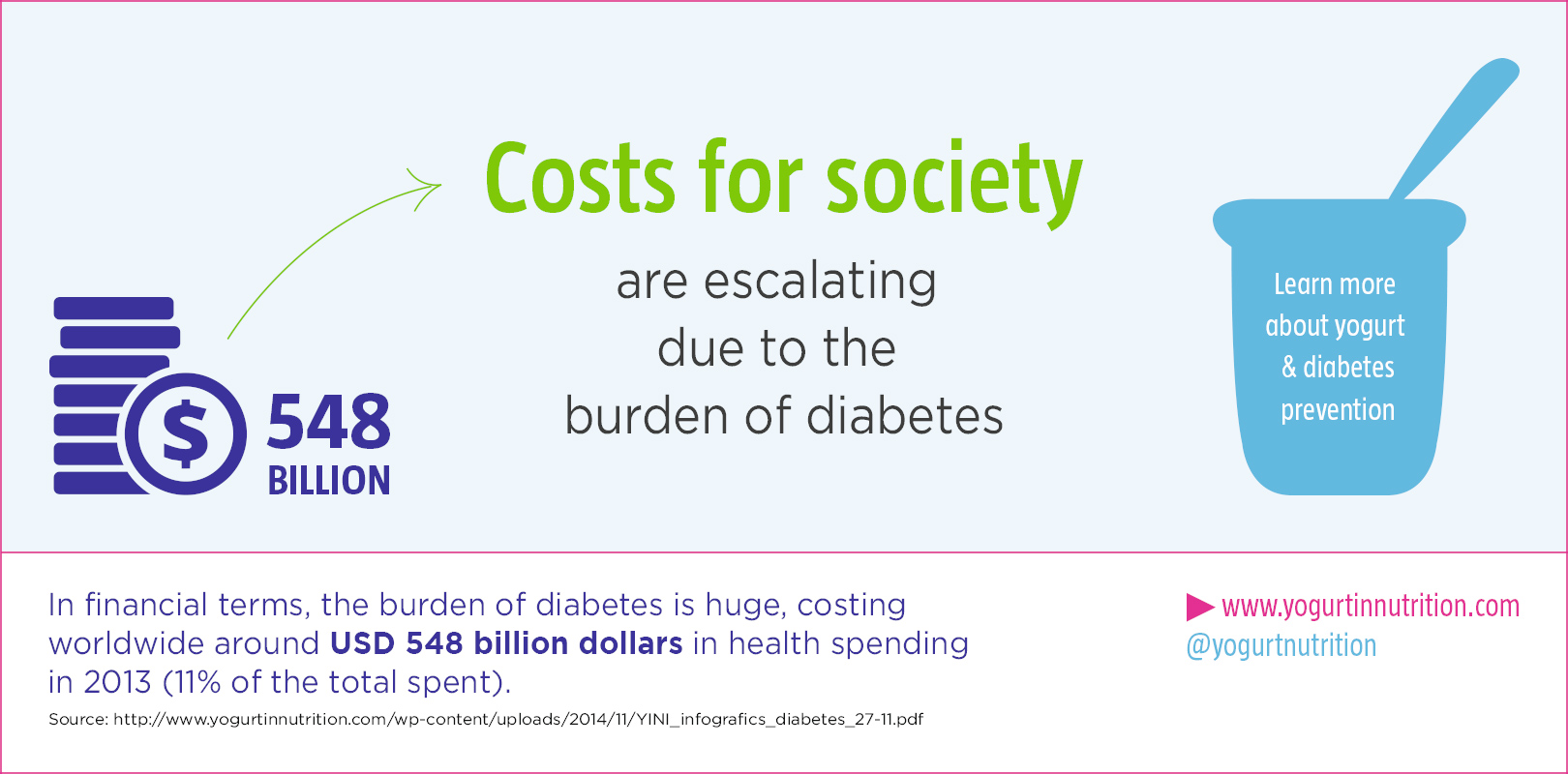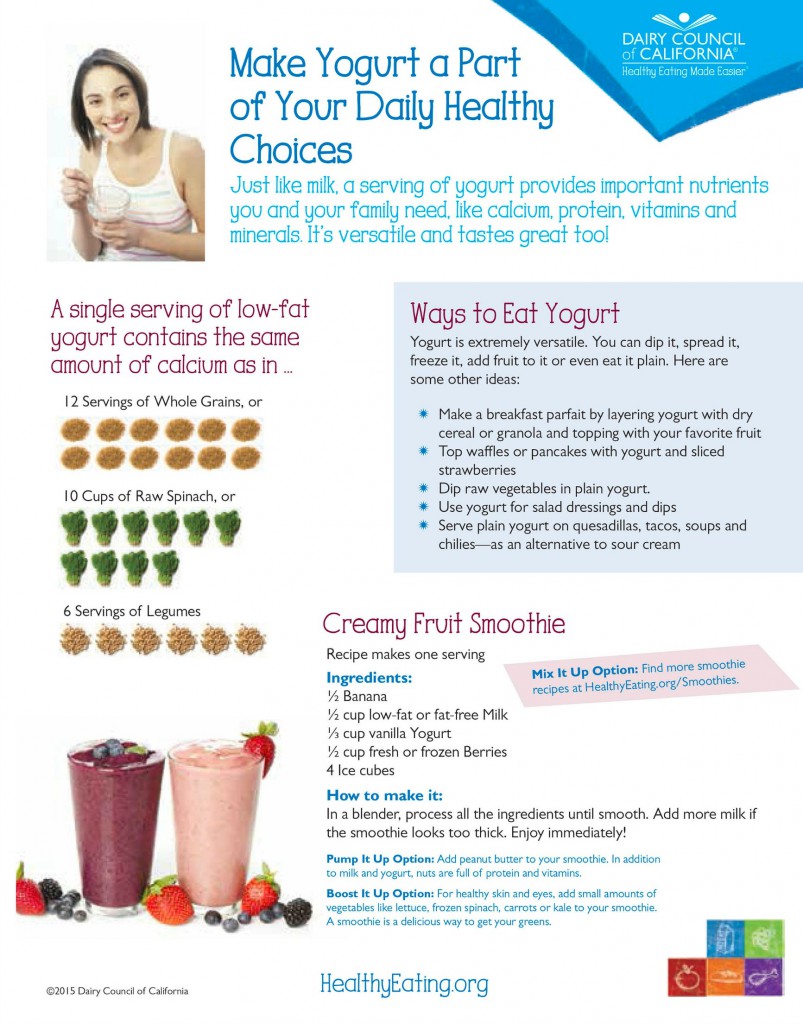Jordi Salas-Salvadó is a professor of Human Nutrition and Bromatology for the Faculty of Medicine and Health Sciences at the Rovira i Virgili University in Spain. He is well known for his expertise and research lines in human clinical trials evaluating the effect of diets and dietary
compounds on obesity, type 2 diabetes mellitus, metabolic syndrome and cardiovascular disease.
Based on your latest research results, can you describe the role of dairy consumption in reducing the risk of Type 2 Diabetes, more specifically for elderly at high cardiovascular risk? And what is the effect of increased yogurt consumption as a healthy snack?
In our study conducted in elderly Mediterranean population at high cardiovascular risk, we observed that a high consumption of dairy products was associated with decreased risk of type 2 diabetes, being the consumption of low-fat dairy products, mainly low-fat milk and both low-fat and whole-fat yogurt, the main contributors to this association. However, which of the components from dairy products may be responsible for these possible positive effects on diabetes in older adults at high cardiovascular risk is not clear yet, neither are the mechanisms behind these effects. Dairy products contain protein with high biological value and essential amino acids, and are a major source of calcium, phosphorous, potassium, magnesium, and vitamins [A, D (fortified dairy), B2, B12, and menaquinones]. These macro- and micro-nutrients may individually, or synergistically, protect against type 2 diabetes by favorably affecting known risk factors or precursors of the disease such as body weight, hypertension, and abnormal glucose homeostasis.
Regarding yogurt consumption, our study showed that yogurt intake was strongly associated with a lower risk of type 2 diabetes. The reason for the reduction in the risk of diabetes associated with yogurt consumption remains unclear. Apart from supplying valuable dairy nutrients, yogurt may also exert beneficial probiotic effects. Although yogurt and milk are nutritionally comparable, the processes of manufacturing, addition of ingredients, and fermentation improve the nutritional value of yogurt and provide it with unique properties that enhance the bioavailability of some nutrients. Therefore, yogurt may be considered as a healthy snack and its consumption may help to ameliorate some of the most common nutritional deficits and related complications in older adults.
According to your research, what mechanisms drive the inverse association between yogurt consumption and the risk of Type 2 Diabetes? And what is the difference in the preventive effect of yogurt on metabolic diseases, compared to other dairy products, such as cheese?
As previously answered, the mechanism of inverse relation between yogurt and type 2 diabetes is not known. Yogurt has been hypothesized to protect against type 2 diabetes because of their high content of calcium, magnesium, vitamin D and whey proteins, which all them may reduce body fat and insulin resistance, while having a potential benefit on diabetes. Other postulated mechanisms include the satiating effect of some dairy proteins and fats, which may help in maintaining a lower energy intake and decreasing weight and obesity risk, an important mediator in type 2 diabetes development. Another potential mechanism is that some dairy proteins are also known to be insulinotropic, thus contributing to the reduction in diabetes risk. Furthermore, it should be taken into account the probiotic beneficial effects of yogurt on health as a result of the live microorganisms it contains.
On the other hand, although cheese and yogurt are two fermented dairy products with similar composition, currently, the effect of cheese on development of CVD and metabolic diseases is a topic with much debate and the results of different studies are inconsistent. While some studies have shown an adverse effect of cheese on CVD risk factors, others could not find any association. Differences in the study design, studied population, dietary assessment tools used, disparities in the combination of different types of cheese, and/or the inability to distinguish between them may explain the conflicting results. The deleterious effect of cheese may be the result of its higher energy density and compared with yogurt or other dairy products. Furthermore, cheese has high level of sodium compared with other dairy products, which may also trigger excessive intake of high-calorie beverages.
Stay tuned for part II of the interview!

























